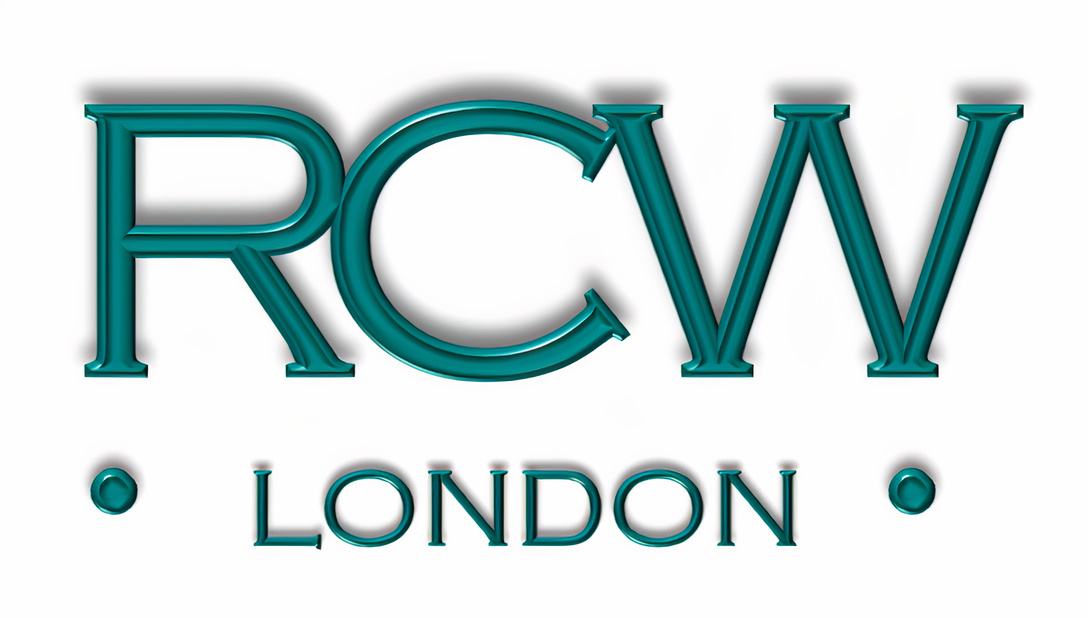Investment In Gold
How To Invest In Gold And Other Precious Metals?
Buying and investing in gold can add a strong element of stability to your portfolio, particularly when the economy is turbulent. Precious metals, and gold in particular, are seen as safe havens that preserve and even increase their value when other assets are struggling. For this reason, gold has even been something of a growth asset in recent years (though traditionally it isn’t seen as one). There is an undeniable attraction to owning gold as an alternative investment, especially as you can (if you wish) own the physical bullion yourself.
Of course, the reverse of any of the above will tend to lower gold prices.
What Affects The Price Of Gold?
As a rule of thumb, the price of gold rises when there is uncertainty or negativity in other areas of the market (such as equities and bonds, or the economy in general) and falls when growth is strong in those other areas. This relationship isn’t set in stone by any means, but broadly it is the reason why most gold investors hold this asset – to hedge against losses in other areas.
Other things that can raise gold prices include:
- Consumption demand – are more people buying it for jewellery etc?
- Low interest rates – gold prices often have a negative correlation to interest rates
- Weakening US dollar
- Low supply – if more gold is being recycled, prices go up
- Geopolitical instability
- Natural events, e.g. good monsoons can raise gold prices, as the affected countries invest more of their wealth and influence global price
Of course, the reverse of any of the above will tend to lower gold prices.
How is Gold priced?
So the price of gold can rise or decrease based on what’s happening in the world. But who does the pricing? The price of gold is agreed upon between several banks, an oversight committee and a panel of internal and external chair members.
Allocated and Unallocated Gold
In a nutshell, allocated gold is solid bullion that is owned by someone. Owning allocated gold is the only way to properly own bullion and is independent of the price that banks give it – meaning it is the ultimate safe investment. You might need to pay a little more in the way of storage costs, but allocated gold is the truest way to invest in this commodity.
Unallocated gold is an imitation of gold investment. The gold remains in the property of the bank and is backed by a bank’s reserves, meaning that buyers in allocated gold are effectively investors in the bank and receive premiums in return. This is the most common form of gold investment worldwide.
Pros and Cons of Gold as an Investment
PROS
Gold, along with other precious metals, is also seen as resilient to inflation – able to preserve its relative value over hundreds and even thousands of years. Historically, gold has provided an ‘economic lifeboat’ in countries where currencies and/or stock markets have collapsed. Provided that you can physically get the gold out of the country, you can preserve the wealth stored in it. Of course, if the gold is held as an offshore investment then you won’t need to physically move it.
Another benefit of precious metals is that sometimes they can be held in the form of jewellery, so you get an ongoing benefit from them. Of course, gold held as jewellery will need more insurance since it is less secure.
CONS
When compared to the stock market, gold is not an especially reliable source of growth. Though its price has trended upwards more strongly in recent years, it still comes nowhere near the returns of equities.
For comparison, in 2012 both the FTSE and the gold price were high and performing strongly. But gold bought in 2012 would still have approximately the same price today in 2020 (and would have been less valuable if you had sold it at any other time in the past eight years). By contrast, a balanced FTSE 100 share portfolio bought in 2012 would have increased its value by some 8.5% in those eight years, despite the two separate crashes caused by the Brexit referendum and the coronavirus lockdown.
In short: you don’t buy gold necessarily because you want to gain money. You buy gold because you don’t want to lose it.
Is Gold A Good Investment?
If your goal is to grow your money, this type of investment is unlikely to be the right strategy, especially if you are new to the market. Unlike other asset classes like property or shares, you won’t be earning any income from rent or dividends. And although the risk profile of precious metals is low, stock prices are volatile, so you stand to lose out if you buy or sell at the wrong time.
Precious metals, do, however, tend to hold their value in the long term. For this reason, people tend to use them to diversify their portfolios as a hedge against short-term economic downturn and political uncertainty.
Do You Pay VAT And Capital Gains Tax On Gold?
While most bullion in the UK does require VAT, gold bullion is exempt. If you buy gold bullion in the UK, you won’t need to foot any additional VAT price increases.
Capital Gains Tax is a tax on the profits of all assets that have gone up in value. The annual allowance on capital gains tax for individuals in 2023-24 was reduced to £6,000, but once you accumulate profits above this, you will need to start paying CGT. Sovereigns and Britannia gold coins are classed as currency. This means that, like all sterling currency, these are CGT exempt because of TCGA92/S21 (1) (b); this states that sterling is not an asset for capital gains purposes. However, All gold and silver bullion bars are taxable with CGT.
How Can I Invest In Gold?
There are lots of ways to invest in gold, some of which are relatively accessible with smaller amounts of cash. Here’s a run through of the most common options:
Physical Gold Bullion
If you have a considerable amount of money to invest, you could buy physical gold bullion, coins or jewellery. Dealers, brokers and banks sell precious metals, and it’s vital you go through a reputable source to make sure what you’re buying is genuine.
There are two main coins in the UK: Britannia and Sovereign. Depending on the coin you choose, it may be free from capital gains tax. The value of the coin depends on its weight, design and date, so it is well worth seeking advice if you choose this route.
Another key consideration with physical gold is storage. You’ll need to factor in the costs of the storage facility and insurance. Alternatively, you could pay for a dealer to store it for you, but this will also be costly.
Trading Through The Royal Mint
The Royal Mint will sell you physical gold bullion, which you can either take delivery of yourself (and store however you wish) or store it in the Mint’s own storage facility, called the Vault. This involves a storage fee, typically 1% of the gold’s value plus VAT per year. Using the Mint is a more reliable way to buy gold (i.e. you can be sure that the gold is legitimate and properly stored). The downside is that it may be more expensive than other sources for this reason.
Exchange-traded Commodities (ETCs)
ETCs are essentially the commodity equivalent of Exchange-Traded Funds (ETFs) – they are traded like shares on investment platforms and are generally much cheaper than buying physical gold. You tend to hold them in a stocks and shares ISA.
Although there’s no need to pay for storage and insurance, you will need to pay a fee to buy or sell using a platform or investing app. The ETC tracks the price of gold, either based on gold it stores in a vault or based on buying goldrelated products (which can be riskier).

Gold Mining And Distributing Shares
You could also invest in businesses involved in the gold industry, such as those in mining, production, refining and distribution. It’s a huge industry, so there are lots of options to choose from. The returns can be higher than on physical gold because you’re investing in companies that will pay dividends, but this also involves higher risks. The price of gold mining shares will be based on aspects like the product’s demand and the company’s costs, as well as the gold price itself.
